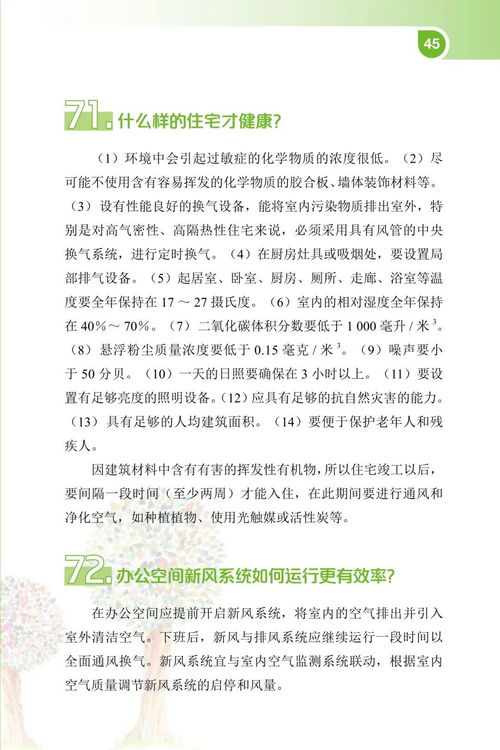猪链球菌病的症状及治疗
Understanding Symptoms of Streptococcal Infections
While it's not always possible to prevent streptococcal infections entirely, there are steps you can take to reduce your risk:
8. Joint Pain: Joint pain, known as arthralgia, can occur in some individuals, especially children, as a result of the body's immune response to the streptococcal infection.
Streptococcal infections, caused by bacteria from the Streptococcus genus, can lead to various health issues in humans. One of the most wellknown streptococcal infections is caused by Streptococcus pyogenes, also known as group A streptococcus, which can result in diseases ranging from strep throat to severe conditions like necrotizing fasciitis and toxic shock syndrome.
6. Rash: In certain cases, particularly with scarlet fever (a complication of strep throat), a characteristic rash may develop. This rash appears as small, red bumps that feel like sandpaper and typically starts on the chest and abdomen before spreading to other parts of the body.











